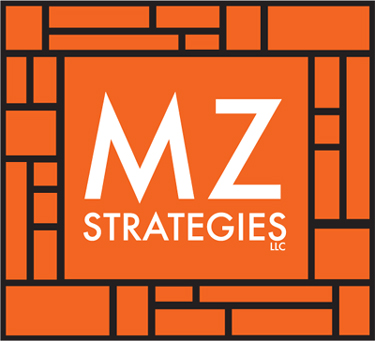Transit Is Stepping Up and Leaning In to Save the Planet and Heal Communities
Among Portland's many highlights is the new Tilikum Bridge that will open In September 2015 -- providing a transit/pedestrian/bicycle-only river crossing. This photo of the bridge was taken while kayaking under it on the Willamette River...a great way to see Portland! (Photo: MZimmerman, 2015).
Last week I spent time in “Portlandia”. Yes, it lives up to the myth and hype but it is also a much more complex region than is often credited. Greater Portland struggles with challenges common to many communities including escalating housing costs and subsequent displacement. What was notable to me this time was the context for my visit.
It’s been a few years since I attended an American Public Transportation Association (APTA) sustainability workshop. I confess that I’d become a bit jaded from past APTA conferences that felt too focused on technical engineering, bus maintenance and meeting federal safety requirements. (Albeit, APTA is an industry organization and building stuff, keeping buses moving and ensuring public safety are all vitally important to transit working.) The Sustainability Workshop brought together transit geeks from the big dogs like New York’s MTA to small operators in Reno. General managers mixed with planners, procurement specialists, Title VI compliance officers and more.
The workshop provides a space for seasoned transit veterans and eager young millennials to come together and discuss how their agencies areusing transit as a climate savior and a community builder. Let’s be honest, there are few more divisive issues in America today than environmentalism or economic and racial inequality. And transit itself is often under ideological and fiscal attacks. To spend time discussing solutions, lessons learned and honest challenges was refreshing.
As luck would have it, I moderated a session on transit as a community building tool and was joined by a stellar group of presenters. During our two hours together it was clear that for this group, transit had moved leaps and bounds beyond impact on land use or TOD. Our group dug in to share real-world examples of the ways public agencies and local advocates are redefining transit to include access to opportunity. There is a growing body of research documenting transportation’s powerful linkage between to health and economic mobility outcomes for low-income households. An April 2015 Harvard study found that "for the 7.5 million households in metropolitan areas without a car, public transit can be a bridge or a barrier to opportunity, depending on its availability.”
It was inspiring to hear a comprehensive tale about agencies working with neighborhood groups, local governments, regional planners, philanthropy and the business community to use transit as a catalyst for community development and healing. Too often, African American, Hispanic or Native communities have not been well served by major infrastructure projects. And there are few opportunities in our society to talk about race, economic inequality or environmental justice in tangible ways. Transit projects become a lightning rod for these discussions, and while it’s not perhaps fair to lay all of society’s at their feet that is often what happens during the planning process.
The panel took these themes to a whole new level. A few examples:
- In Seattle, the ethnically diverse, low-income Rainer Beach neighborhood is working together with Sound Transit and the City to re-imagine its future as an urban food innovation hub near light rail providing jobs and small business opportunities to local residents.
- In Honolulu, the transit agency is working with Hawaiian elders to document, honor and spotlight the island’s rich ethnic culture and indigenous heritage in the design and construction of the new rail transit project.
- And in Portland, a cross-agency public engagement effort led by Metro is empowering neighborhood residents directly into the planning and design of future bus rapid transit.
I remember coming across this FDR quote when I was a teenager and being profoundly moved by it: ““The test of our progress is not whether we add more to the abundance of those who have much; it is whether we provide enough to those who have too little.” I never thought I’d find my faith restored at an APTA event in our collective ability to take on this challenge and make our communities more sustainable and resilient for all.
PLEASE NOTE: MZ STRATEGIES, LLC has moved. New address is 6908 Lakewood Drive, Richmond VA 23229. Phone and email contacts are unchanged.

